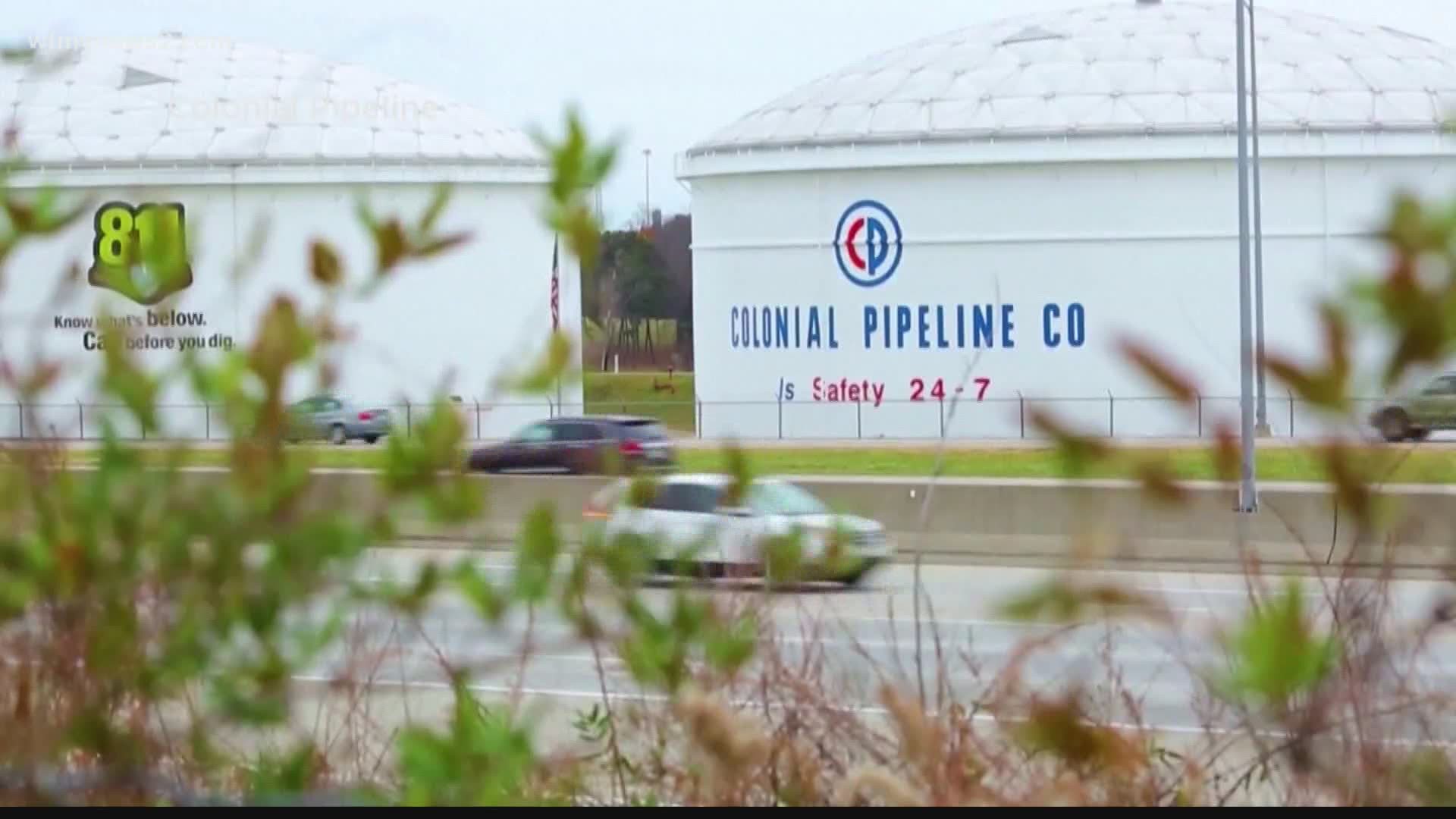GREENSBORO, N.C. — North Carolina’s price gouging law is in effect following the temporary shutdown of the Colonial Pipeline.
It means that you can now report or make a complaint with the state about a business if they’re charging too much in times of a crisis including gas stations. The state will then investigate the complaint and work to get a refund.
Find out how to report price gouging below.
Text keyword REPORT to 336-379-5775, to get this article sent to your mobile phone.
About the Price Gouging law
North Carolina’s price gouging law goes into effect when the state suffers or is threatened by a natural disaster like a hurricane, tornado, winter storm, or flooding. The price gouging law can only go into effect after a governor has declared a state of emergency.
Under the law, businesses cannot unreasonably raise the price of goods or services to profit from a state of emergency. However, businesses and industries heavily impacted by the incident causing the state of emergency that have a reasonable need to increase prices in order to resupply should disclose the increases to allow people to make informed decisions, according to the state.
What are the penalties for violating the law?
The courts may impose civil penalties against price gougers of up to $5,000 for each violation. The law applies to all levels of the supply chain from the manufacturer to the distributor to the retailer.
How to report a price gouging complaint?
You can report high gas prices or price gouging by calling 1-877-5-NO-SCAM or by filing a complaint with the NCDOJ’s office. The office will then review the complaints and possibly take action against a business.
What will I need to make a complaint?
You will need the following to file a complaint:
- Company Name
- Company Address
- Price after a disaster and the date
- Price before the disaster and the date (if applicable)
- Information about the product or service
- Keep a receipt and you can submit it with the state
What happens next?
The state will then investigate the complaint and will work to get a refund.

